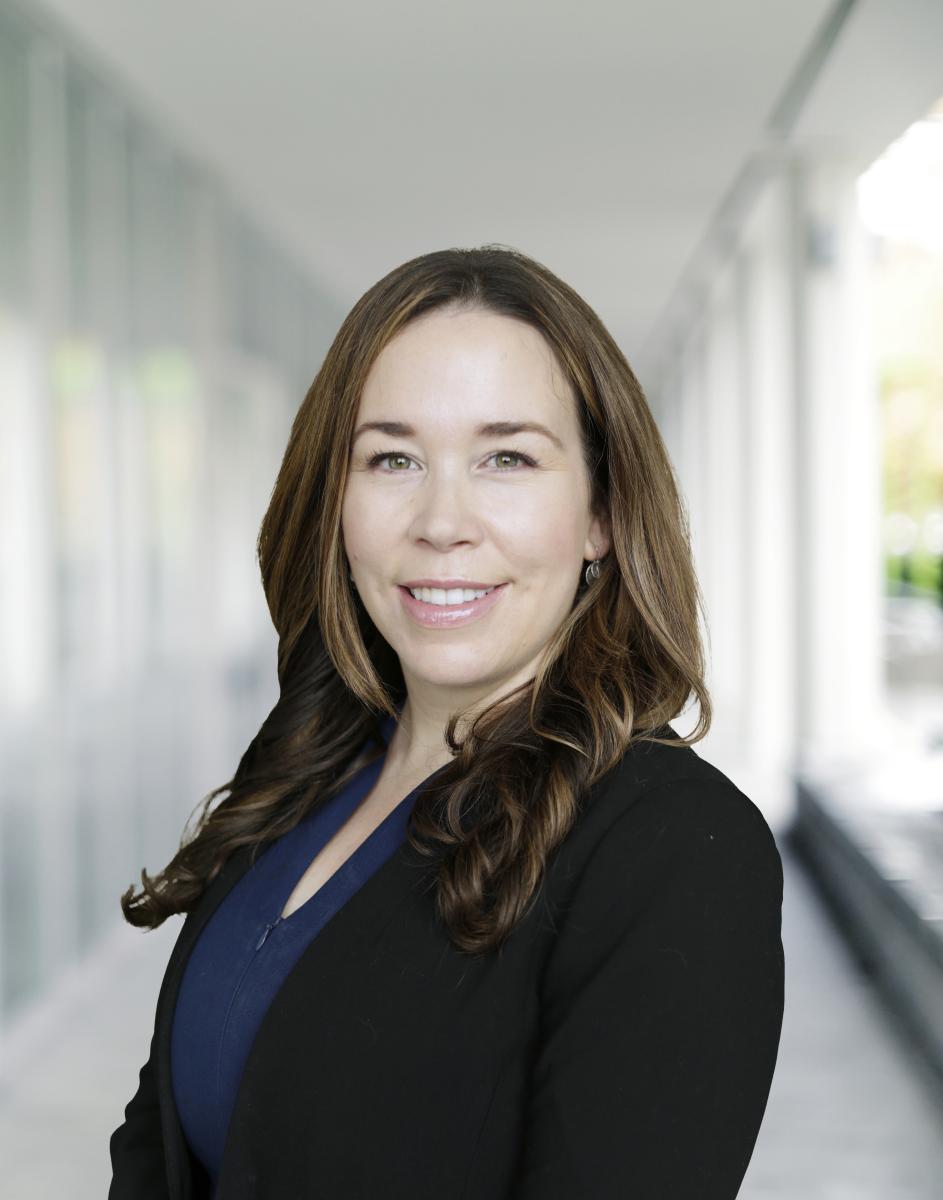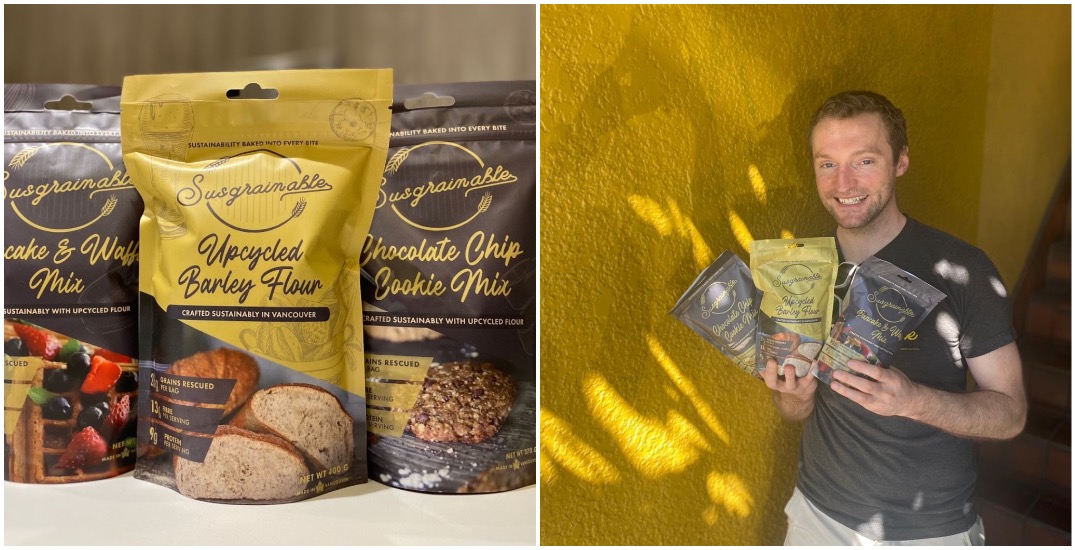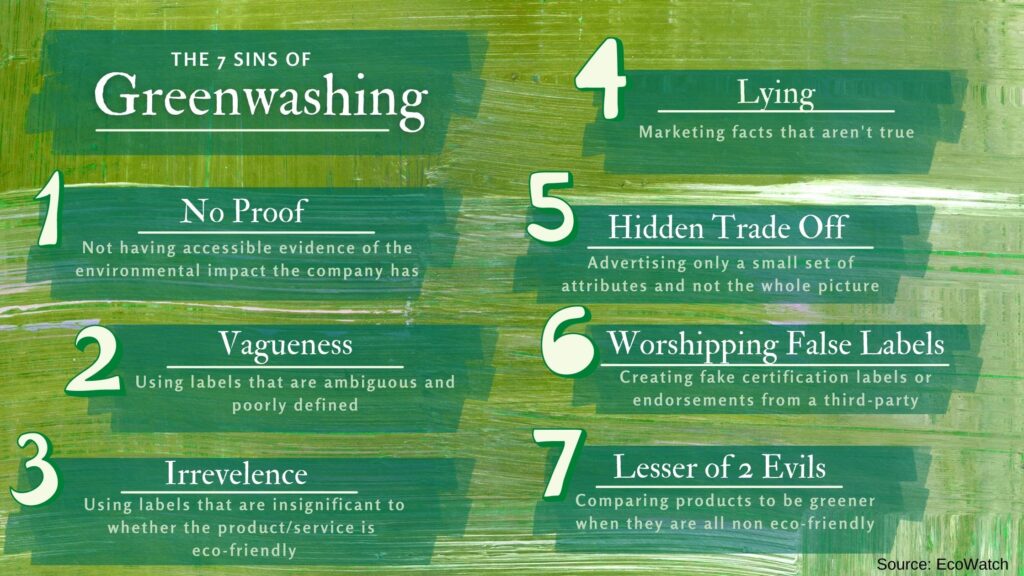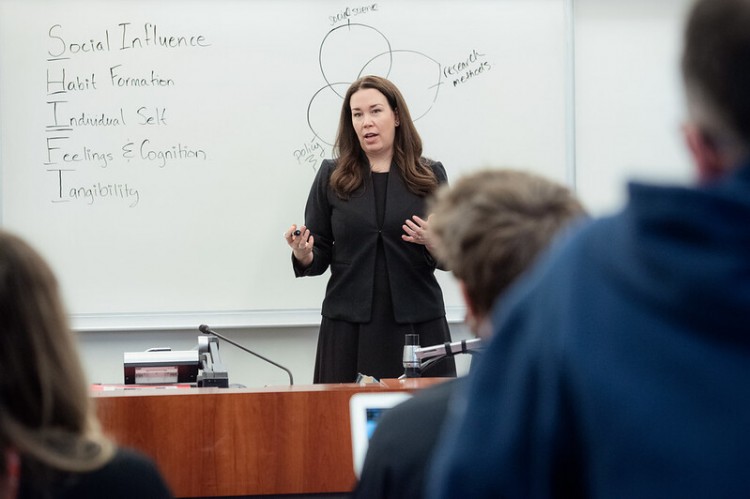Consumer behavior is crucial  when it comes to sustainability, and companies that ignore this can miss out on an opportunity to make a positive impact on the environment. But what are some of the most common misconceptions that companies have about consumer behavior in relation to sustainability, and how can these misconceptions be overcome? In an interview with Kate White, we explore these misconceptions and how companies can offer sustainable options that are both functional and compelling for consumers. We also discuss the evolving relationship between sustainability, marketing, and consumer behavior and the ethical considerations that companies must keep in mind when using sustainability messages in their marketing. Finally, we examine the career opportunities that could be available for students who specialize in sustainability marketing.
when it comes to sustainability, and companies that ignore this can miss out on an opportunity to make a positive impact on the environment. But what are some of the most common misconceptions that companies have about consumer behavior in relation to sustainability, and how can these misconceptions be overcome? In an interview with Kate White, we explore these misconceptions and how companies can offer sustainable options that are both functional and compelling for consumers. We also discuss the evolving relationship between sustainability, marketing, and consumer behavior and the ethical considerations that companies must keep in mind when using sustainability messages in their marketing. Finally, we examine the career opportunities that could be available for students who specialize in sustainability marketing.
Words by Aylin Turker, Digital Content Creator
What are some of the most common misconceptions that companies have about consumer behavior in relation to sustainability, and how can these misconceptions be overcome?
A misconception that I hear from companies is that consumers won't engage in sustainable behaviors or make sustainable choices due to price. The idea is that sustainable choices are more expensive, they cost more money and consumers are price sensitive, so they won't make these choices. It's not always the case that the sustainable option is more expensive. People get this thing in mind where they have to like buy a Tesla to be sustainable. There are lots of different ways to be sustainable in your consumption behaviors, and most of them cost less. How you get to work in the morning is one of them. If you ride your bike or carpool, that cost less than driving your own individual vehicle. Or if you chose a digital product versus a physical product, sometimes that's more sustainable and that costs less. It's up to marketers to offer sustainable options that are really compelling. Consumers aren't going to pay more for something because it's sustainable and then it performs worse. They have to have these options available that serve their functional need to a high standard and are also sustainable. There shouldn't be these levels of trade-offs that consumers have to make. So, if marketers offer compelling, functional sustainable options, consumers will choose that option.
How do you see the relationship between sustainability, marketing, and consumer behavior evolving in the coming years? And what trends or innovations do you see emerging in this space?
Sometimes people think that marketing is just advertising, yet if you take a fuller view of marketing, marketing is all about understanding people. Looking for what they want, and what they need, to offer them something that fulfills that - offering value in some way.  A lot of what we're going to see in the future is new models of how products and services are being offered to consumers and how consumers are asking for things. Partly on what's getting offered by marketers, but also partly on the way consumers ask for things. This could be anything from thinking about more circular rather than linear types of consumption. Linear consumption is the typical traditional model of consumption that we're operating on right now. Products get used for a relatively short period of time and then they go to the landfill. What is the other way to keep products alive and in the cycle for longer? A circular model - making durable products, that can be repaired, reused, repurposed, and shared. We're definitely going to see more and more of that and move away from the traditional ownership models of goods. An interesting example of a circular way of thinking about innovations is thinking about models where a business is created by using the waste of another business to create its product. “Susgrainable” co-founded by a UBC MBA student, takes the waste from breweries and uses it to create high-quality flour. You can buy the flour by itself, or you can also buy their baked goods or cookies - they are amazing. They're taking a waste product from another industry and they're using it as input for their really compelling products.
A lot of what we're going to see in the future is new models of how products and services are being offered to consumers and how consumers are asking for things. Partly on what's getting offered by marketers, but also partly on the way consumers ask for things. This could be anything from thinking about more circular rather than linear types of consumption. Linear consumption is the typical traditional model of consumption that we're operating on right now. Products get used for a relatively short period of time and then they go to the landfill. What is the other way to keep products alive and in the cycle for longer? A circular model - making durable products, that can be repaired, reused, repurposed, and shared. We're definitely going to see more and more of that and move away from the traditional ownership models of goods. An interesting example of a circular way of thinking about innovations is thinking about models where a business is created by using the waste of another business to create its product. “Susgrainable” co-founded by a UBC MBA student, takes the waste from breweries and uses it to create high-quality flour. You can buy the flour by itself, or you can also buy their baked goods or cookies - they are amazing. They're taking a waste product from another industry and they're using it as input for their really compelling products.
How do you how the different demographic groups such as age or income tend to respond to sustainability marketing messages? And what are some effective strategies for targeting different consumer segments?
The one that comes up a lot is age cohorts. There is evidence from industry surveys that Gen Z and millennials are asking more questions and are caring more about where their products are coming from. They're more ecologically minded on average than other generations. However, what is more compelling than demographics is thinking about what marketers call “psychographics”. Psychographics are psychological types of drivers of behavior - your attitudes, values, motives, and lifestyles. Knowing that not everybody cares about sustainability for its own sake like some do, you have to look into what really drives people’s behaviors. When you really understand that, certain things that link to sustainability come to the surface. For instance, saving money could be a really key motive linked to sustainability. Thinking about family, being cautious about health, and loving nature could all be different compelling values that you can associate with sustainability that will make people want to make more sustainable choices.
What are some of the ethical considerations that companies must keep in mind when using sustainability messages in their marketing? How can they ensure that their messaging is honest and transparent?
The big one that gets a lot of attention is greenwashing, which is when the company is either not being totally transparent about its process or they're being misleading in its communications about how sustainable they are. There's an organization called TerraCycle, and they have a list called “The Seven Sins of Greenwashing”. One of them is the hidden trade-off, which is when the company tells you about one attribute that's good and  sustainable while hiding another one. For instance, if a product is made out of recycled materials, that's sustainable, and that often gets highlighted. Yet, there could be something else in the processing of those materials that have negative impacts, such as taking a lot of energy or using a variety of chemicals. So, the company is only highlighting one piece and not the other - that's the trade-off. Another one is the sin of vagueness. It is when a company is claiming something, Saying something is natural or green or even eco-friendly, without being too detailed. As there's no agreed definition of those things terms, it can be whatever you want it to mean.
sustainable while hiding another one. For instance, if a product is made out of recycled materials, that's sustainable, and that often gets highlighted. Yet, there could be something else in the processing of those materials that have negative impacts, such as taking a lot of energy or using a variety of chemicals. So, the company is only highlighting one piece and not the other - that's the trade-off. Another one is the sin of vagueness. It is when a company is claiming something, Saying something is natural or green or even eco-friendly, without being too detailed. As there's no agreed definition of those things terms, it can be whatever you want it to mean.
How do you see the role of sustainability marketing evolving in the coming years and what career opportunities might be available to students who specialize in this area?
That is where things are going In terms of the question about career opportunities, as I mentioned before, different models of thinking about ownership and products are becoming more common. A lot of companies are looking for the people they hire to not only have knowledge of sustainable issues but also have the ability to have conversations about them. In terms of marketing in particular, more businesses are looking for employees who are literate on these issues to analyze what's going on within the company. This includes understanding what's happening in the supply chain, where are possible risks and vulnerabilities, and what could be improved. Looking at the life cycle analysis, which is the whole life of the product, to see how it's manufactured, how it gets to where it's going, how it's used, and how it's disposed of, is also crucial to reducing some of the negative impacts a company is contributing to as an organization.
How can learning about sustainability marketing benefit students who are pursuing a degree in business and what difference could this knowledge make for the businesses they go to work for?
Having an understanding of sustainability is a competitive edge for students who are going on the market and looking for jobs.  As I said, we see employers more and more looking for employees to be literate in these topics. Accordingly, we're adding some new courses too. In the undergrad program, we're adding a course called “Climate Literacy for Business”. It's about understanding some of the science behind climate change. Learning outcomes mostly focus on the carbon cycle, what kind of things increase and decrease carbon, what kind of things could a business or different functions within a business do, and what are sort of managerial and policy solutions to some of these things. As one of the things we've been hearing from big consulting companies is that they want to hire students to track carbon within an organization and record it properly and report it transparently, we're also adding a course called “Climate Accounting and Reporting”.
As I said, we see employers more and more looking for employees to be literate in these topics. Accordingly, we're adding some new courses too. In the undergrad program, we're adding a course called “Climate Literacy for Business”. It's about understanding some of the science behind climate change. Learning outcomes mostly focus on the carbon cycle, what kind of things increase and decrease carbon, what kind of things could a business or different functions within a business do, and what are sort of managerial and policy solutions to some of these things. As one of the things we've been hearing from big consulting companies is that they want to hire students to track carbon within an organization and record it properly and report it transparently, we're also adding a course called “Climate Accounting and Reporting”.